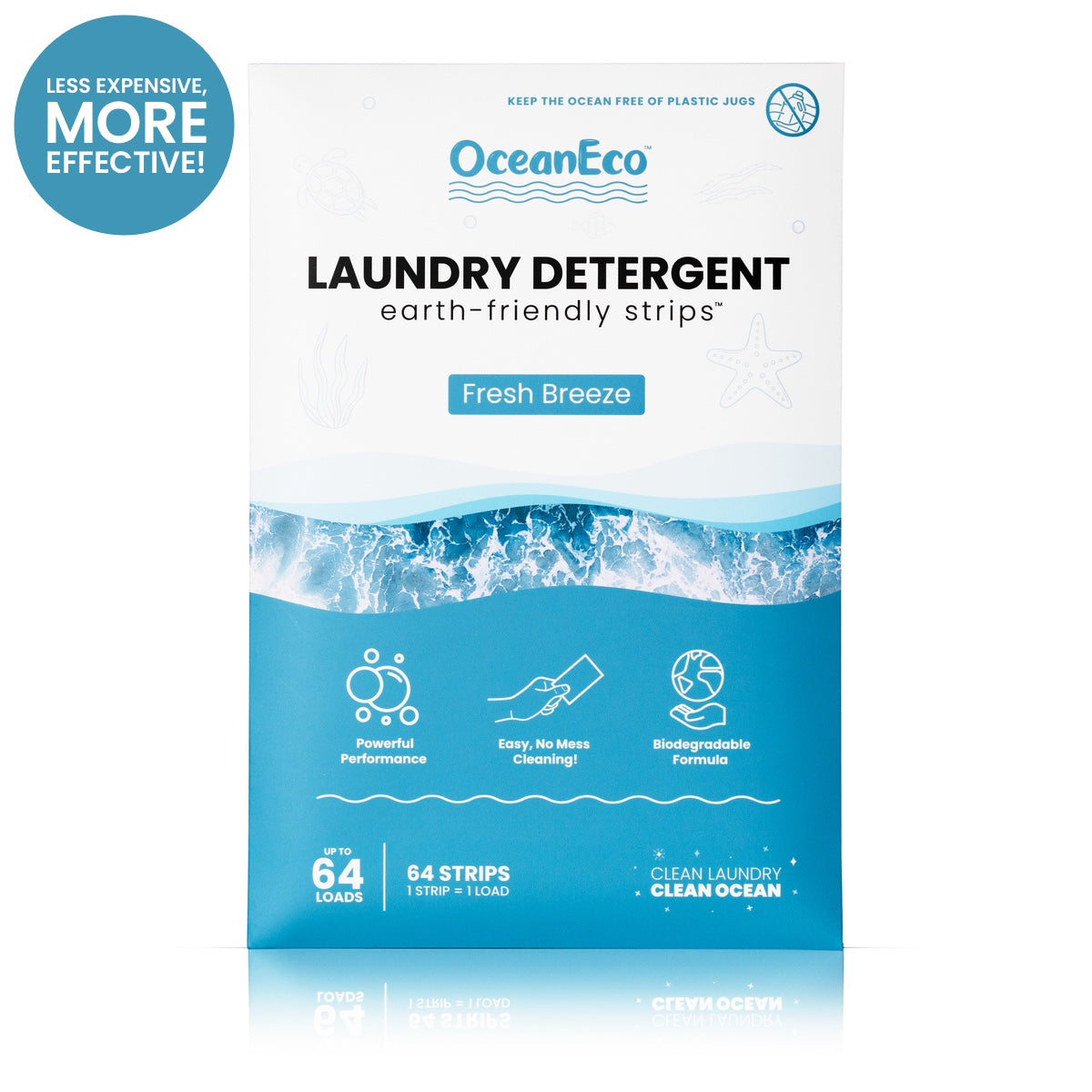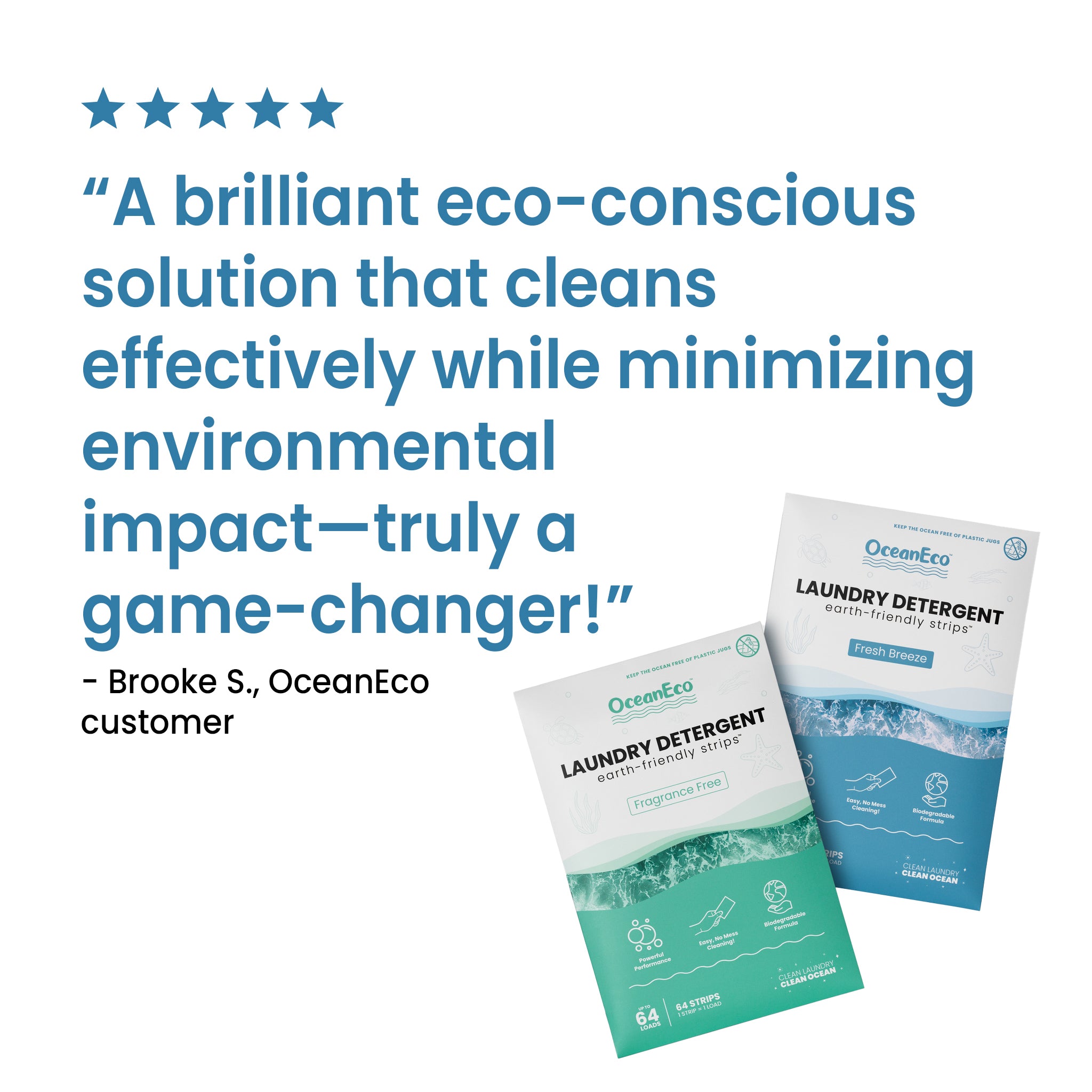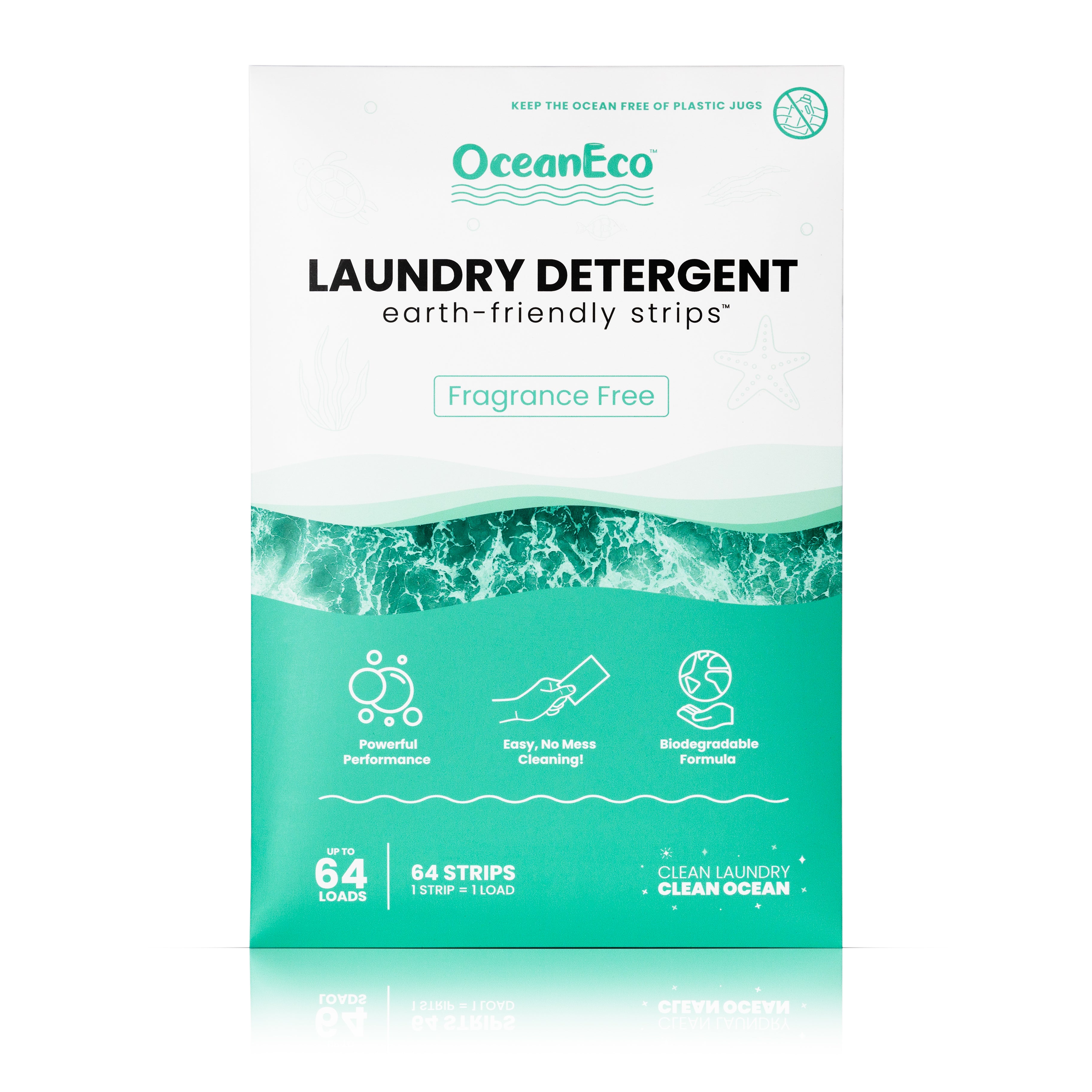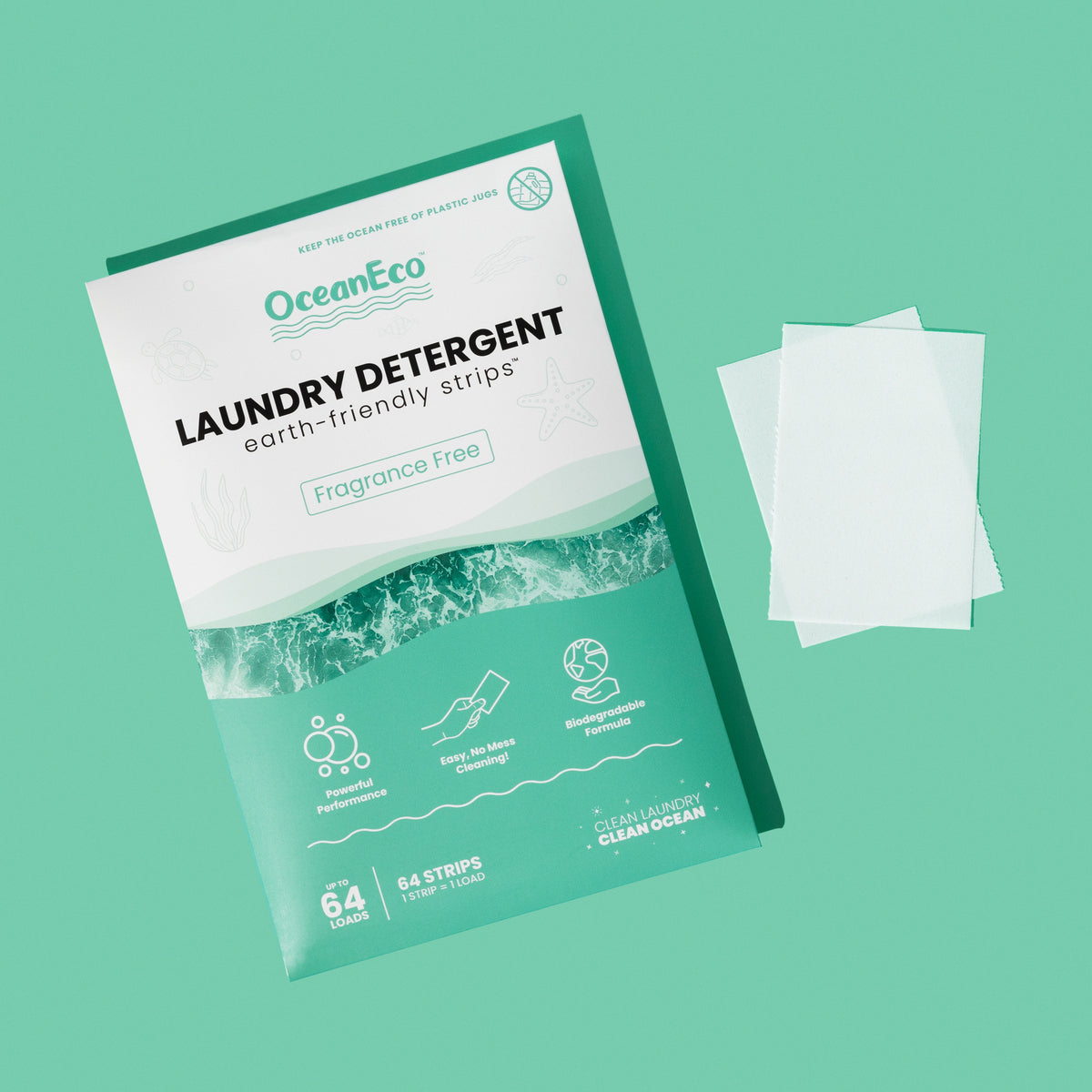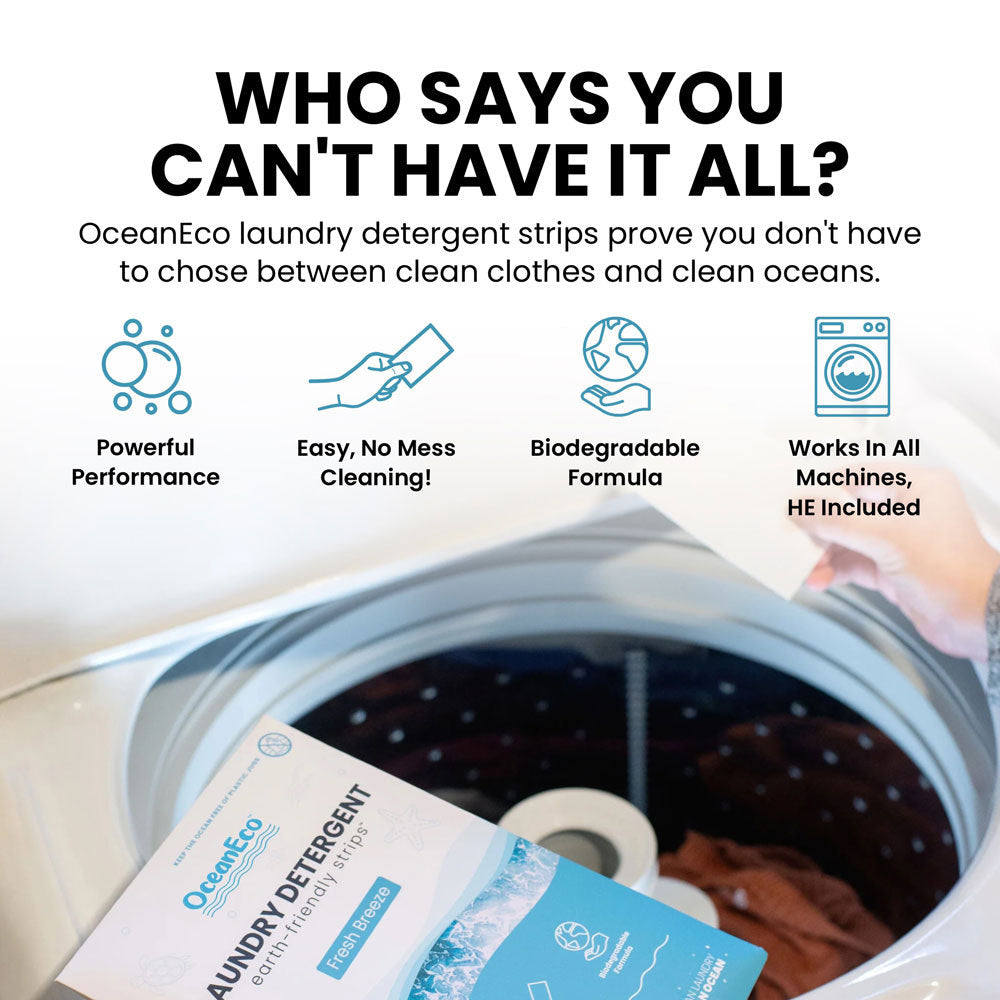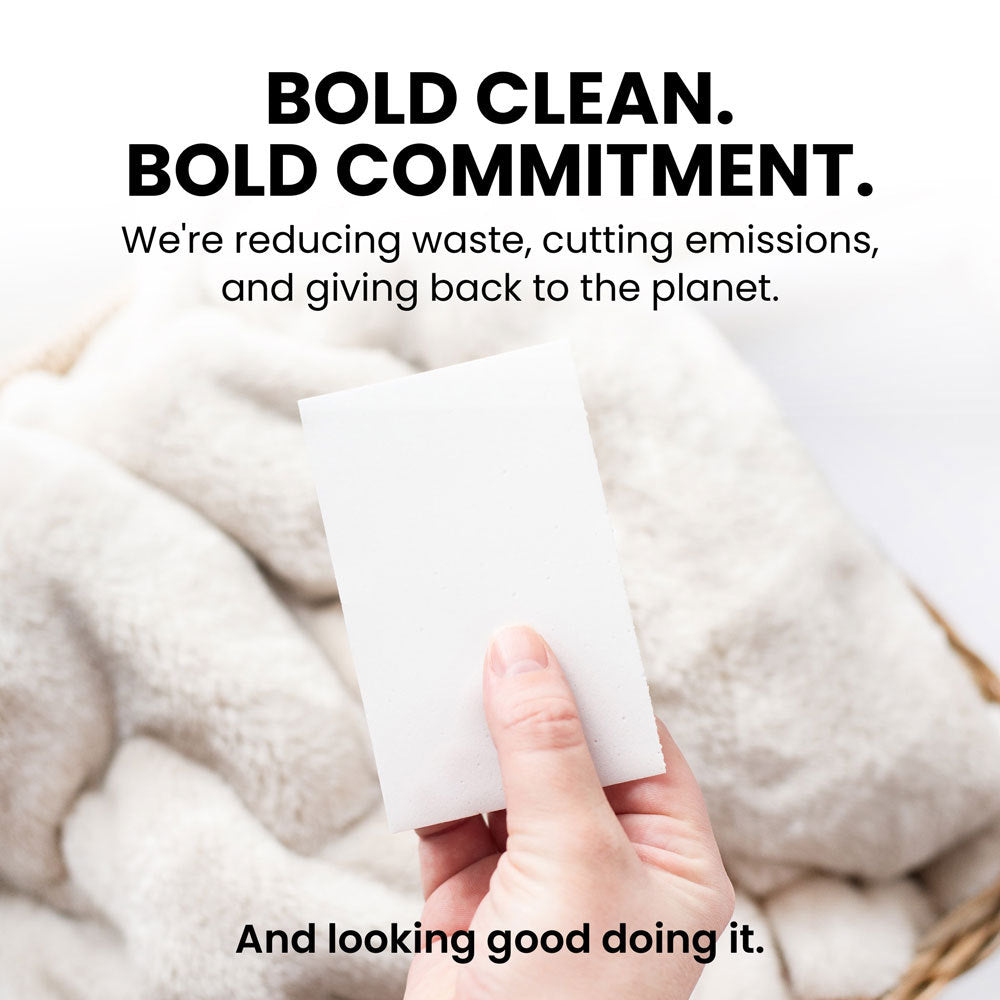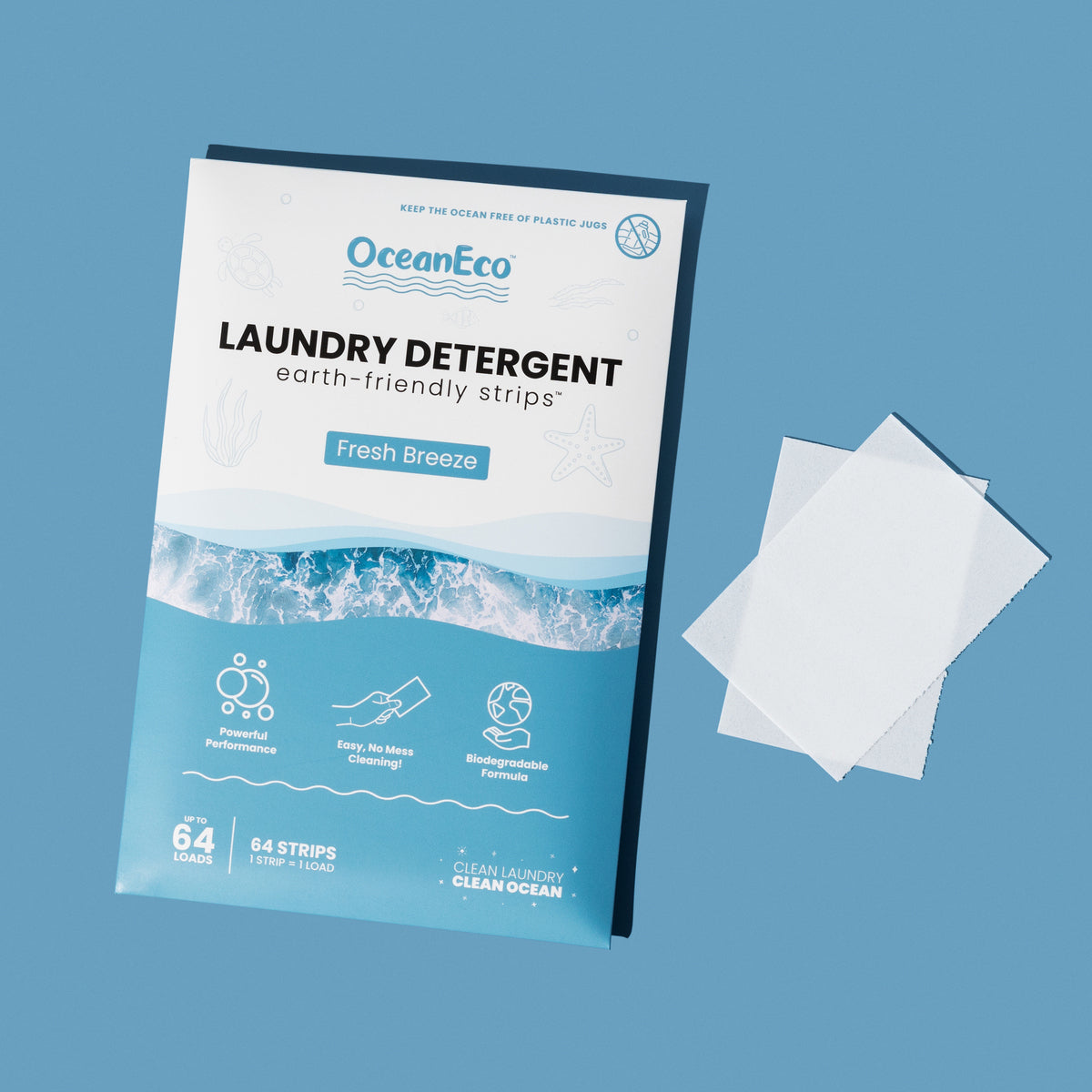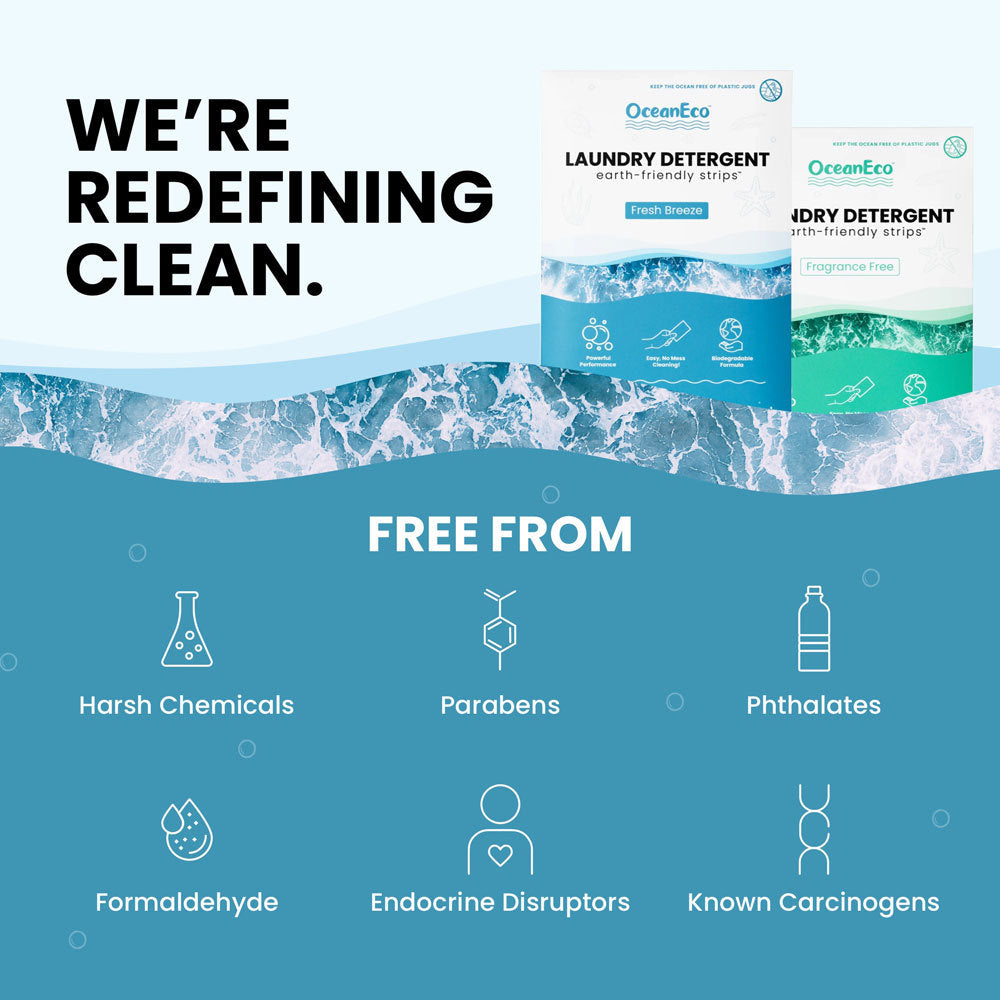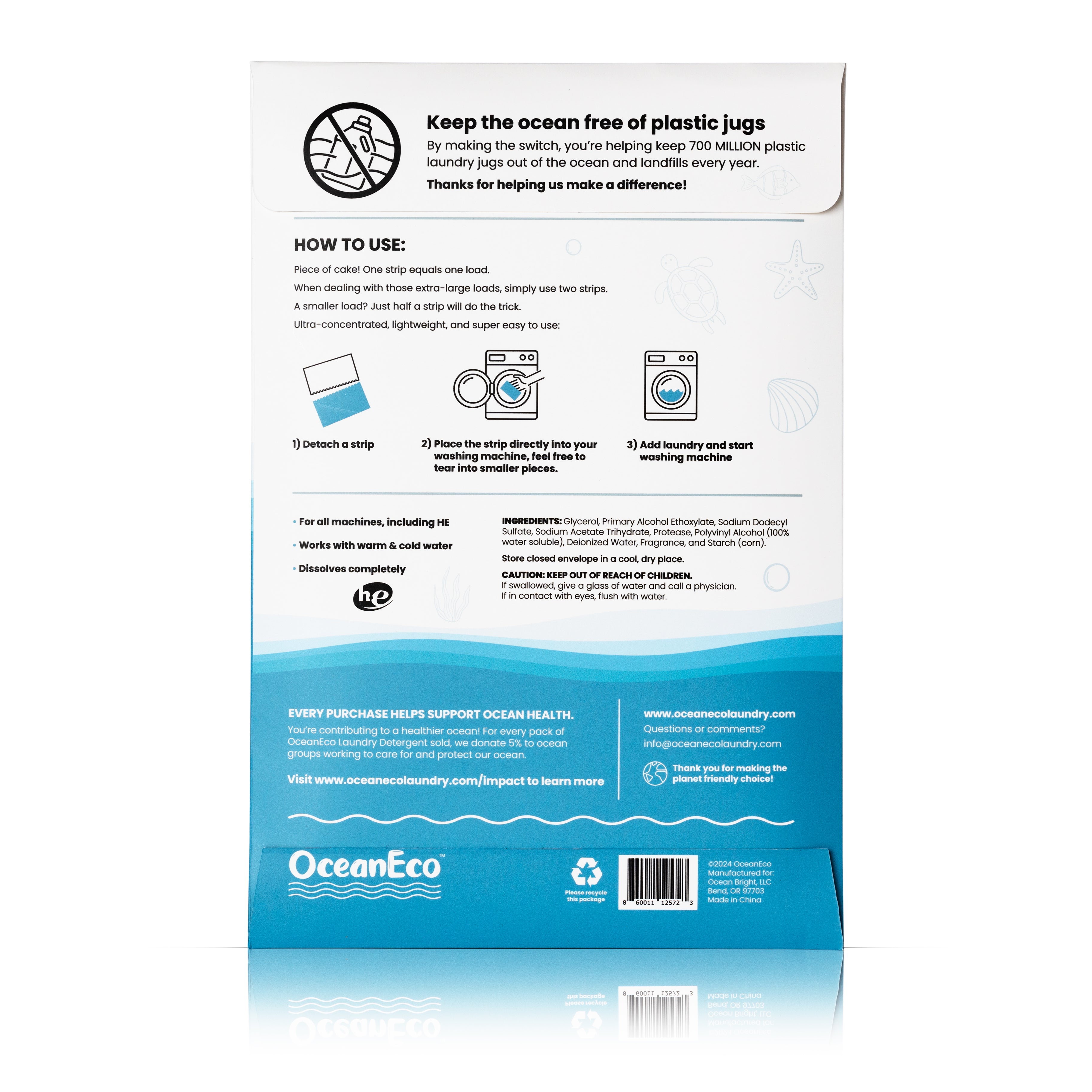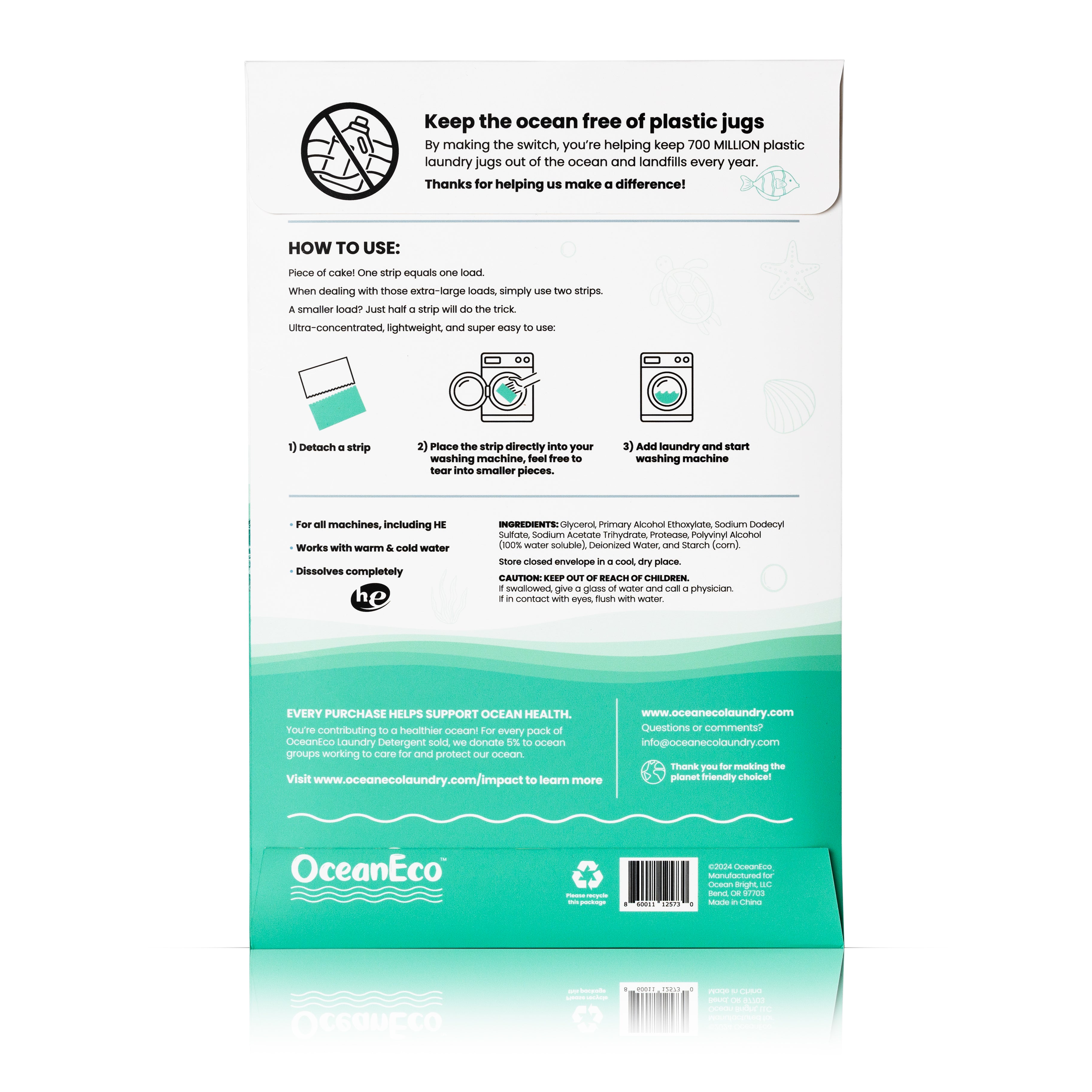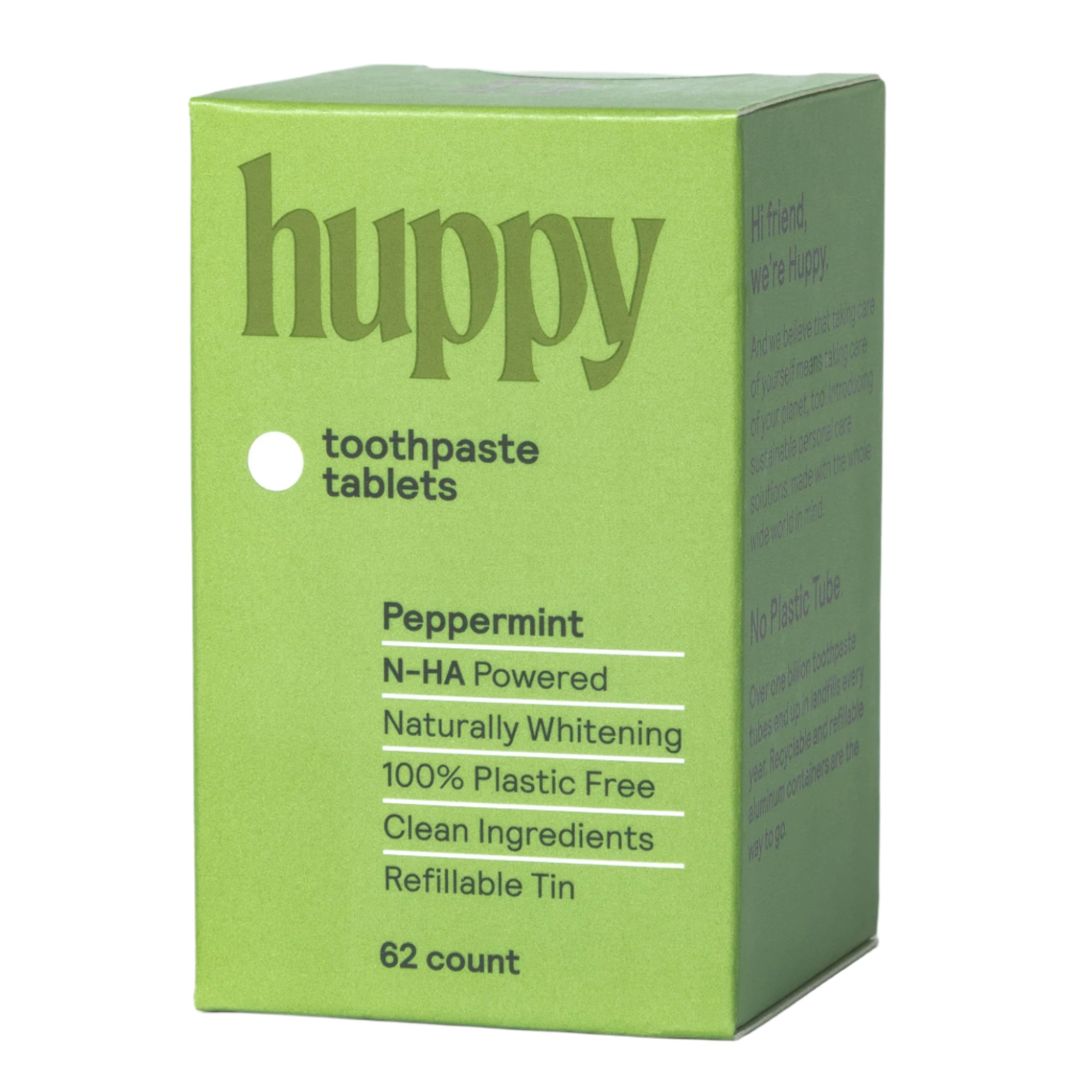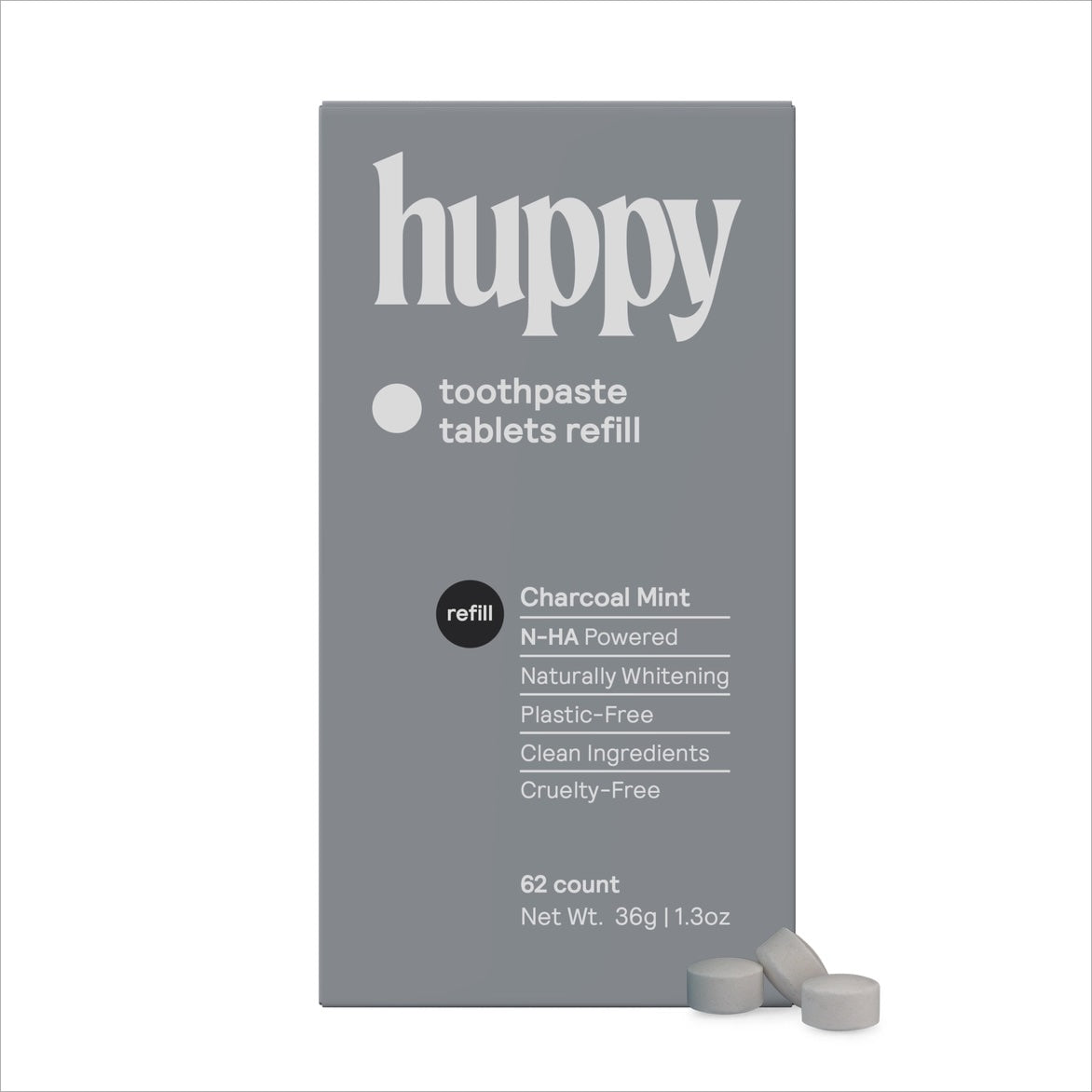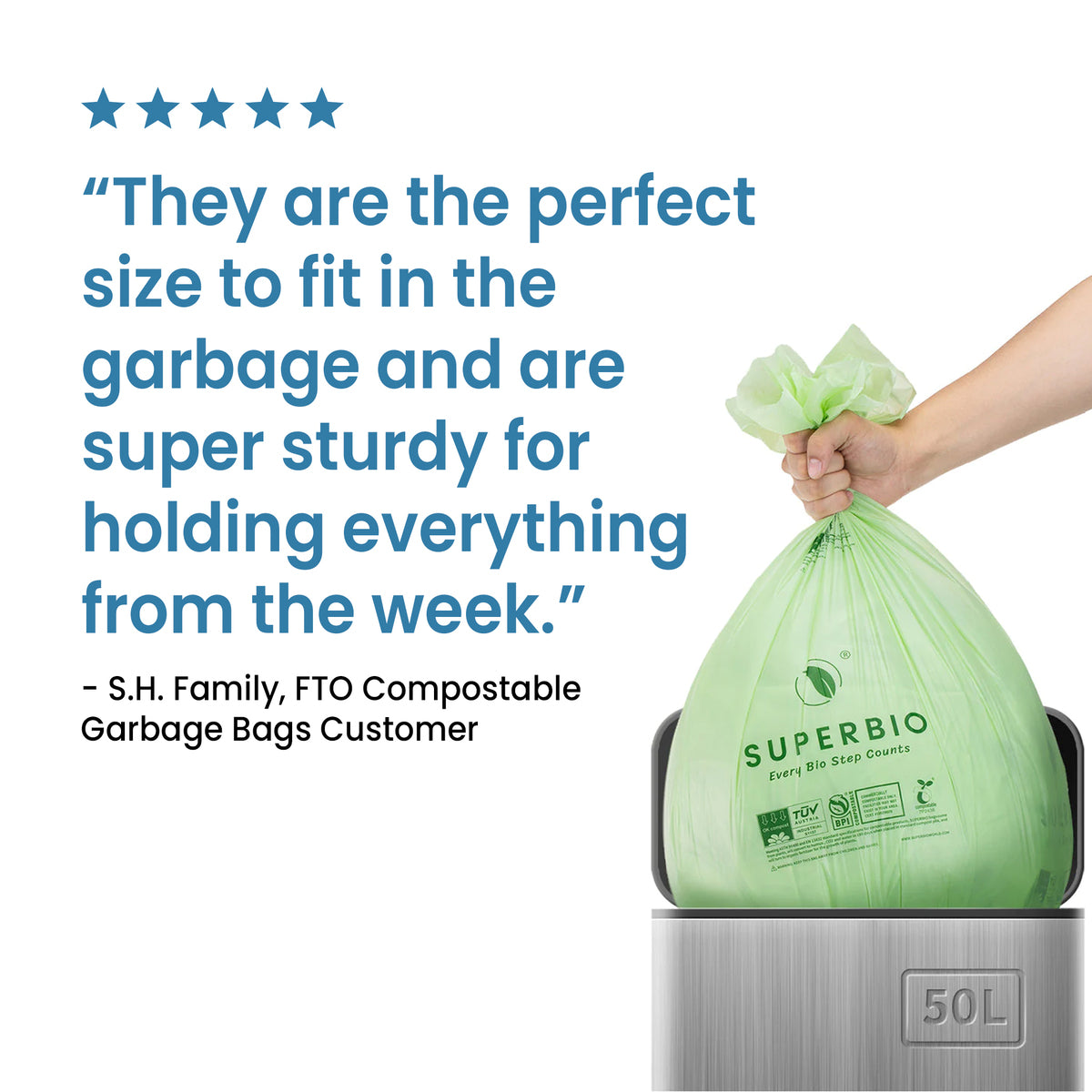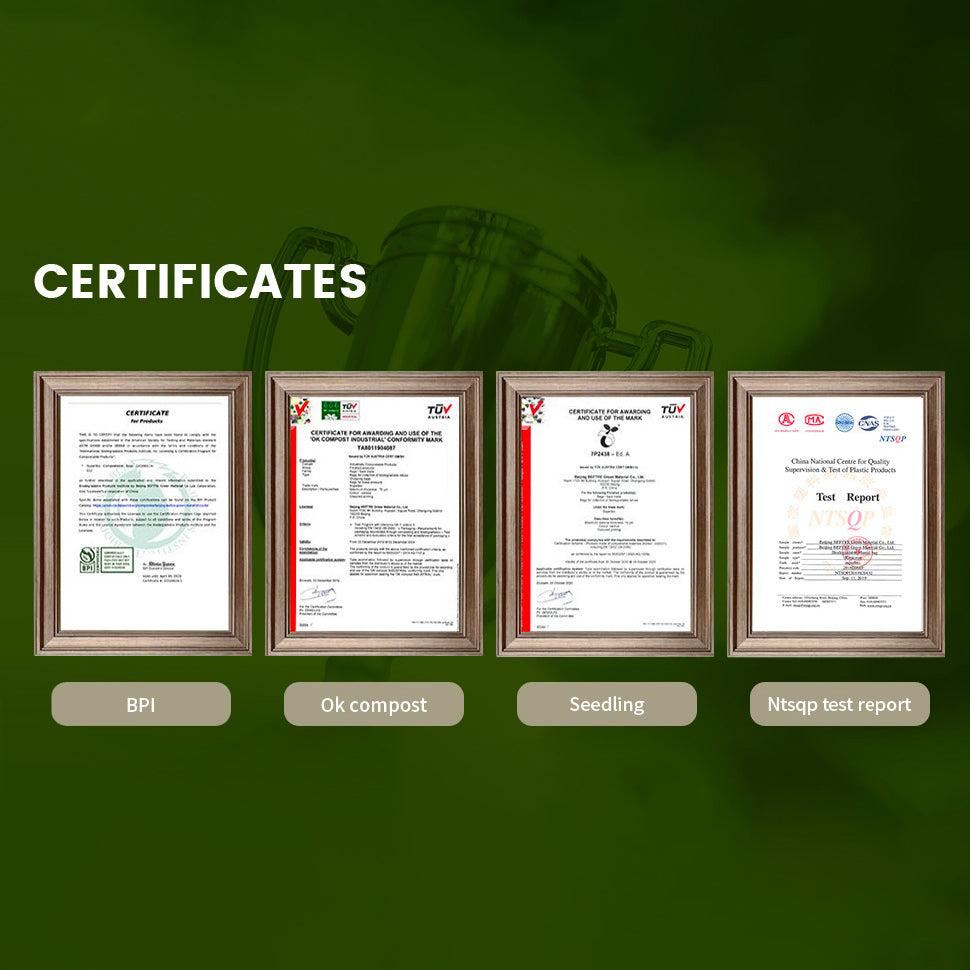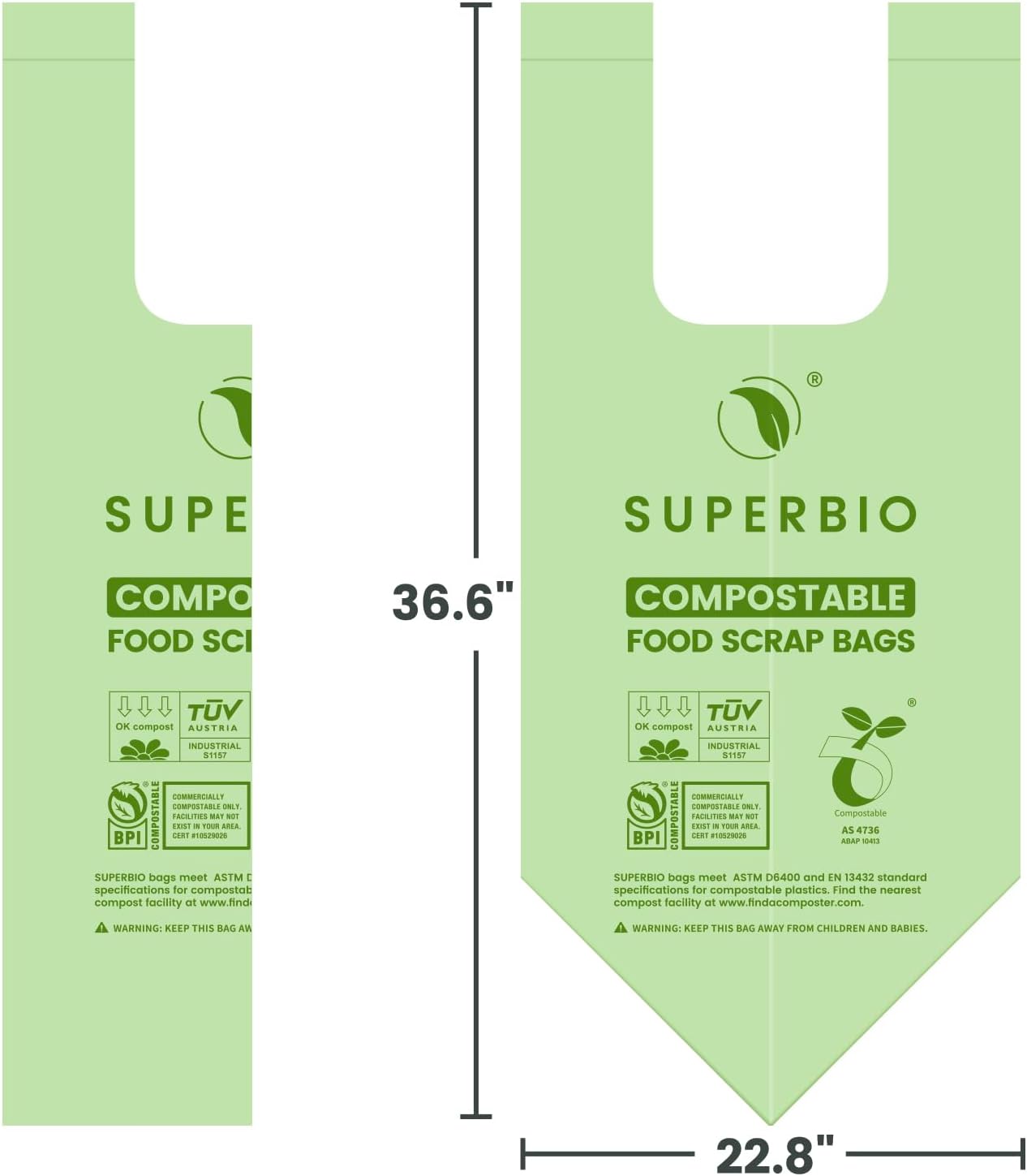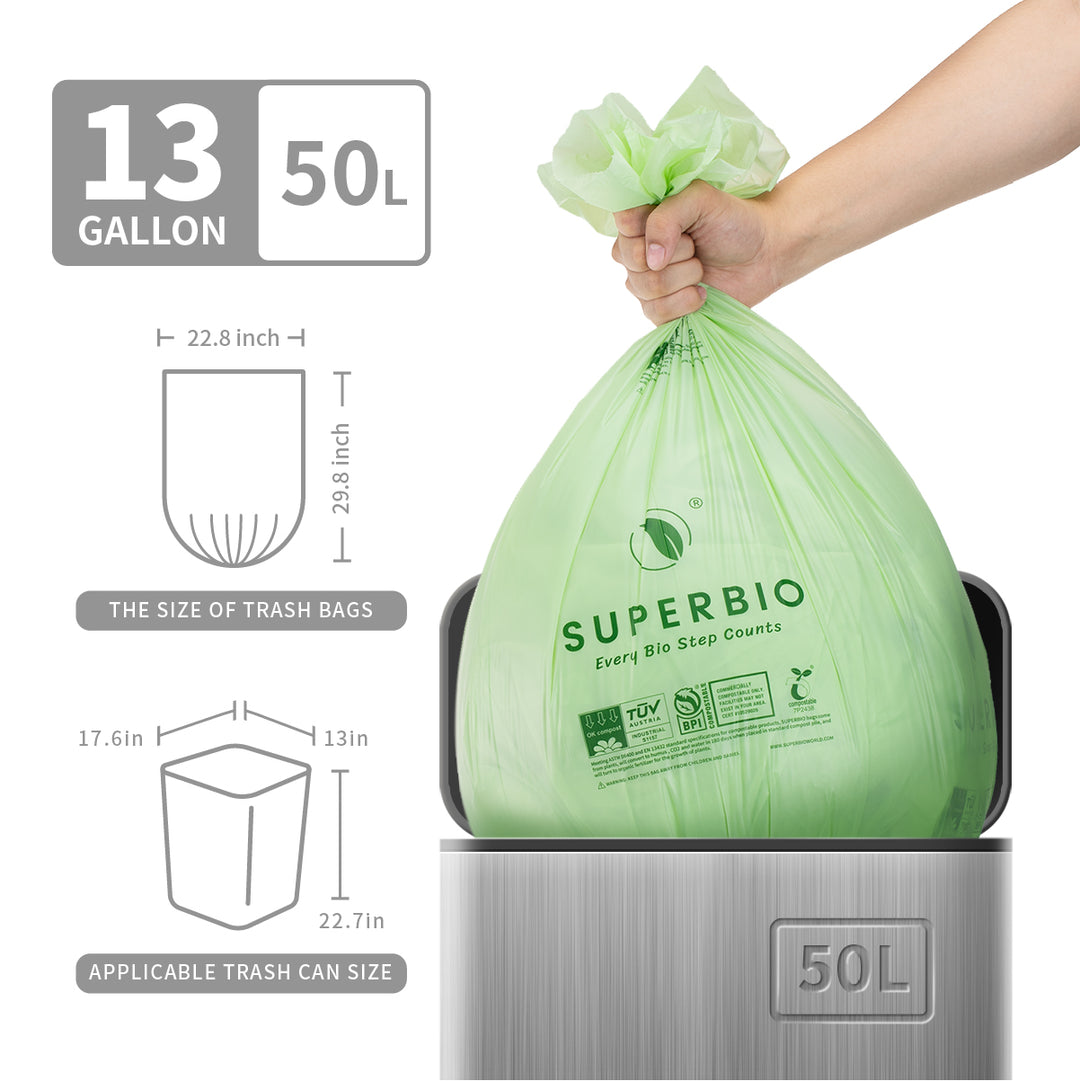Order to Exploit Ocean Minerals Puts Environment at Risk
In a bold move that could redefine the future of resource extraction, U.S. President Donald Trump has signed an executive order to fast-track deep-sea mining operations in both U.S. and international waters.
This controversial step aims to unlock vast deposits of minerals at the ocean's depths, but it raises crucial environmental and geopolitical questions that could shape the global landscape for decades.

The U.S. aims to lead the world in deep-sea mining with a new executive order.
The Executive Order and Its Economic Vision
The executive order, signed in late April 2025, seeks to bolster the U.S.'s access to critical minerals such as cobalt, nickel, and rare earth elements—materials essential for the growing green energy, aerospace, and technology sectors.
By accelerating the permitting process for seabed mining, the Trump administration aims to break China's grip on these vital resources and secure a more independent supply chain. The metals found in deep-sea nodules—potato-sized rocks scattered across vast ocean areas—are key ingredients in everything from electric vehicle batteries to solar panels and smartphones, making them highly sought after in today’s technology-driven economy.
While the push to mine these resources is framed as an economic necessity for national security and technological advancement, it has also sparked a fierce debate about the environmental costs of such an undertaking. NOAA outlines the potential for economic growth but emphasizes the urgent need for balancing these ambitions with environmental oversight.

Critical minerals like nickel and cobalt are abundant in the ocean floor.
The Environmental and Ethical Dilemma
Environmentalists are sounding alarms about the potential consequences of deep-sea mining. The process involves using heavy machinery to pluck mineral-rich nodules from the ocean floor, a method that could devastate fragile ecosystems. Marine life in these depths, often adapted to conditions of extreme cold and pressure, is uniquely vulnerable to disturbances. The U.S. administration’s aggressive push to mine areas like the Clarion-Clipperton Zone in the Pacific has raised concerns that such actions could irreversibly harm marine biodiversity. As CNBC reports, critics argue that the environmental risks—such as the destruction of habitats, sediment plumes, and potential toxins—far outweigh the economic benefits.
Scientists have long warned that the deep ocean, home to some of the planet's most mysterious species, remains vastly underexplored. Mining activities could permanently alter these ecosystems before researchers fully understand them. BBC reports that these ecosystems are essential not only for marine food chains but also for their role in global carbon cycles. Disrupting these systems could have far-reaching effects on the health of the planet’s oceans.

Mining deep-sea minerals could fuel green technologies like electric cars.
Global Geopolitical Tensions
The executive order has also reignited tensions between the U.S. and other global powers. China, which already dominates the rare-earth elements market, has criticized the U.S. for bypassing international agreements designed to regulate seabed mining. As Reuters reports, China claims the U.S. is violating international law by seeking to mine international waters without the agreement of other nations.
The move also highlights the broader geopolitical struggle for control over critical resources. The U.S. is positioning itself to compete with China and other mining giants, with some analysts fearing this could lead to conflicts over seabed rights. With no clear regulatory framework in place, as the New York Times reports, the race for these resources may lead to unexpected alliances and disputes over international waters.

Critics argue deep-sea mining threatens fragile ocean ecosystems.
The Role of Technology and Industry Players
Technological advancements are central to the push for deep-sea mining. Companies like The Metals Company, a major player in the industry, have spent millions of dollars developing the necessary technology to extract nodules from the ocean floor. As Reuters reports, these companies are eager to begin operations, citing advancements in mining technology that would allow for relatively low environmental impact. However, the lack of comprehensive environmental regulations and the potential for irreversible ecological damage continue to cast a shadow over these efforts.
Some proponents of deep-sea mining argue that it offers a more sustainable alternative to traditional land-based mining, which is often associated with deforestation, land degradation, and community displacement. However, as highlighted by The Hill, the potential for widespread damage to marine ecosystems suggests that the environmental costs may be too high to justify the benefits.
The Path Forward: Regulation or Destruction?
As deep-sea mining advances, the need for a robust regulatory framework becomes ever more urgent. While the U.S. has taken significant steps to pave the way for mining activities, the broader international community remains divided. Nations such as the EU, the UK, and others have called for a moratorium on the practice until further scientific research is conducted to understand its full impact. As CNBC reports, global agreements are still in the works, with many nations pushing for stricter environmental regulations before mining begins in earnest.
The decision to proceed with deep-sea mining carries profound implications not only for the environment but also for the global order. While the U.S. positions itself as a leader in this new industry, its approach may set a precedent for how other countries handle the delicate balance between resource extraction and environmental stewardship.
As mining companies prepare for what may be the next gold rush, the world watches closely, uncertain of the true cost of unlocking the ocean’s hidden treasures.
Click below to make a difference!





























































































































































































